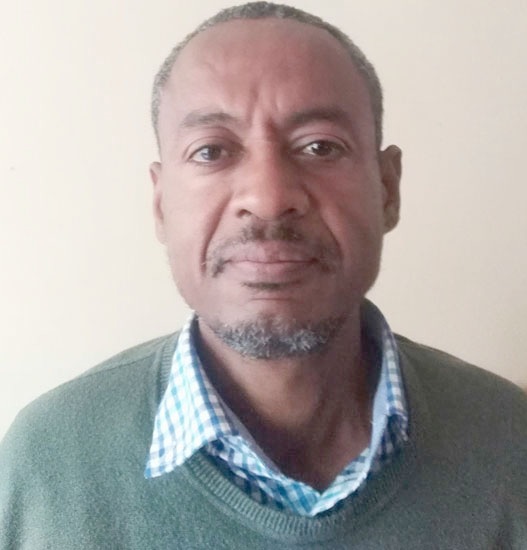
Ethiopia to host World Press Freedom Day
After years of repression, Ethiopia’s media has been enjoying momentous freedom since Prime Minister Abiy Ahmed came to power about a year ago. The nation once considered to be the worst enemy of freedom of expression has been chosen to host the 26th World Freedom Day celebrations in the next three days. Appreciating the nation’s progress in media freedom, experts urge the media community to be more responsible and ethical in exercising freedom of expression.
Assistant Professor at School of Journalism, Addis Ababa University, Yohannes Gebru (PhD) says that unlike the previous years, Ethiopia’s media is enjoying relative freedom of expression though it needs to go long way ahead. “World Press Freedom Index 2019 stated that Ethiopia has gone 40 steps, from 150 out of 180 countries to 110,” he said adding that this is the highest progress this year in any country and the best indication that the nation is towards democracy.
He further said that as media freedom is absolute right for self-expression of citizens, the decision of the government to ensure press freedom is a proper measure. “This is also the sign of political landscape improvement,” he states.

Equality activist Habtamu Kitaba on his part says since Prime Minster Abiy Ahmed came to power, the nation has seen several developments; among these, nation’s freedom of expression has shown significant progress. “The repressed print media are getting recovered. A number of new print media have been licensed this year and are enjoying freedom of expression besides the satellite television and radio that are opening offices in Addis.
I believe Ethiopia was chosen to host the World Press Freedom Day celebrations for it has moved considerable distance in this regard,” he says.
Moez
Chakchouk, Deputy Secretary-General of a U.N. agency, says choosing Addis to
celebrate the day is a clear illustration of Ethiopian government’s
commitment to democratic reforms. “The country has improved the media sector, which has opened up the space for media freedoms and for strengthening the respect for human rights in the country including online freedom of expression,” he adds.
Concerning the media’s abuse of the freedom, Yohannes says though there are some shortcomings in reporting, media deserve absolute freedom. “What the government has done this year is appropriate decision. Any measure of restriction on the media results in several negative consequences. The economy and politics will suffer; even the ongoing reform will be impeded,” says he adding, “The government should maintain his support regardless of some irresponsible reporting.”
As to Yohannes, the remedy is encouraging and strengthening the media council so that the council will provide necessary professional support and supervision for misbehaving media outlets. Besides this, the government ought to implement media literacy. “The young people should be thought how to interpret and use information disseminated via the media; irresponsible media can have destructive consequences if the society does not have necessary skills to discern the right from the wrong.”
The irresponsible reporting evident in some media is the result of the influence of political parties that are flaming ethnic polarization. “Some media seem to serve as parties’ organs which pervert their ethical, journalistic responsibility.
Injecting narrowly defined motives that might initiate ethnic conflicts must not be the objective of the media that are expected to operate in line with the conventional norms of journalism. “Our media community should remember that they got a powerful tool. For instance, media played big role for the collapse of Yugoslavia. Hence, they should be more careful and responsible,” the assistant professor concludes.
Unfortunate fusion between activism and journalism is one of the challenges facing the media freedom, according to Habtamu. “Some media in the hands of irresponsible individuals are affiliated to groups with hidden interests on the expense of national unity. They are worsening ethnic tensions across the nation; even they appear going to threatening national unity.”
As to Habtamu, the noticeable abuse of freedom of expression by few media outlets will soon be corrected if the media adjust themselves to the principles of free and responsible media. “The situation of the country necessitates active and responsible media,” he concludes.
It’s been learned that the Press Freedom Day celebrations will be attended by over 1000 participants and high-profile speakers, including presidents and prime ministers, representatives from governmental and international organizations, the media, academia and civil society.
The Ethiopian Herald April 30/2019
BY WAKUMA KUDAMA





